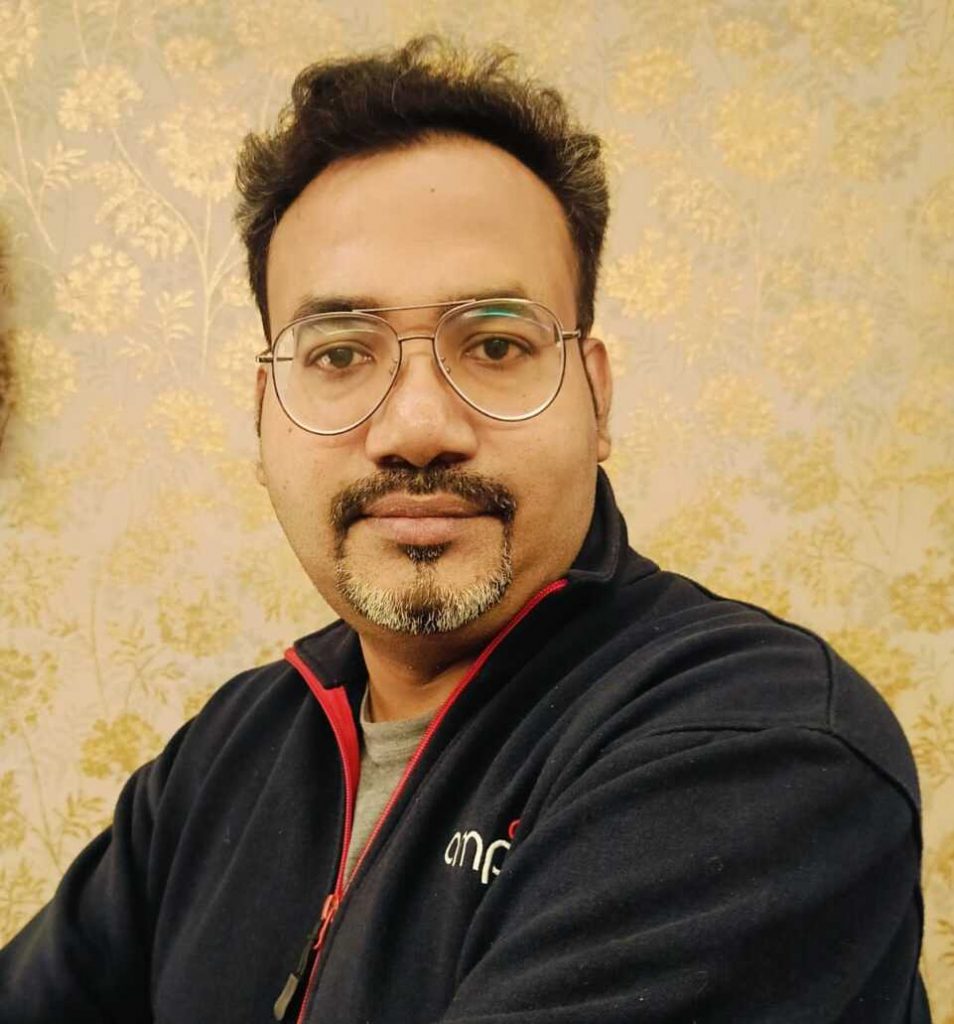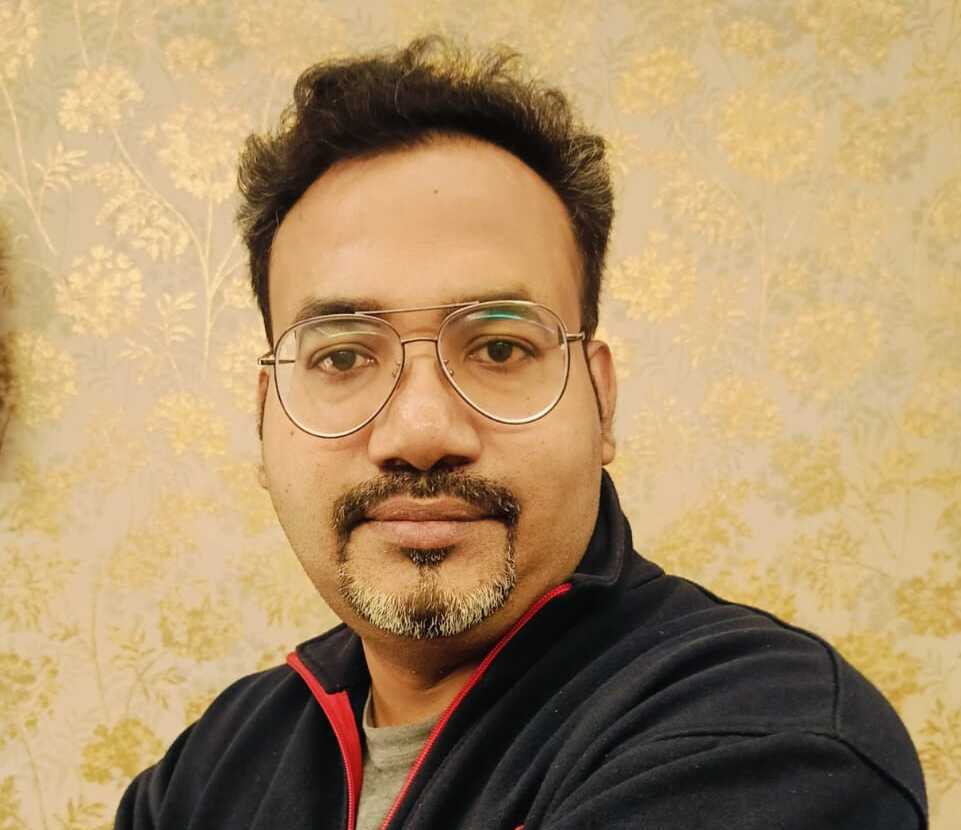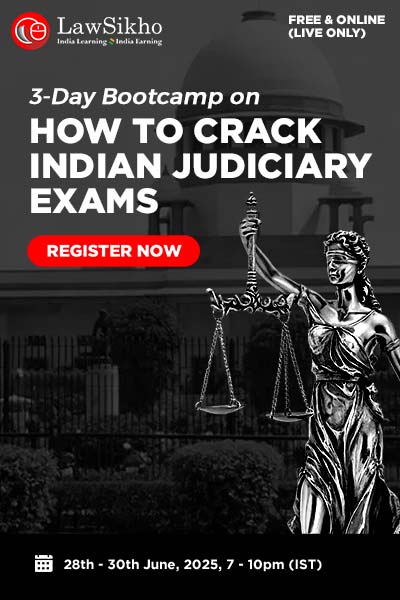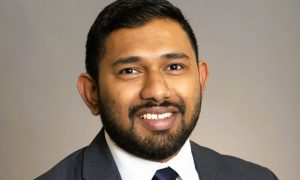This interview has been published by Anshi Mudgal and The SuperLawyer Team

With over a decade of experience in the energy and infrastructure sector, what initially motivated you to pursue a career in this specialized area of law, and how did you navigate the early stages of your career to develop such expertise?
In my schooling days, I was always fascinated by the idea of energy – source, creation, transmission and flow of electrons. Although I had always been a back bencher while attending physics classes, it was fear associated with a tinge of curiosity in me that triggered this fascination about the concept of energy. Having watched my father who was notably a tax practitioner working hard through thick and thins, advising clients and the very next day, appearing before various courts and tribunals. It was pure hard work and yet glamorous to me. Eventually, I developed an attraction towards law. However, I was still unaware of the fact that there can ever exist a law which regulates the energy market and that curiosity driven by passion to know something unknown ignited my inner engine to learn and develop the skill set to dive into this unorthodox field of law.
In the final year of my college, after my university examination got over, I was fortunate and overwhelmed to land an offer from Electrosteel Castings Ltd. (now Tata Steel Ltd.), one of the most reputed steel manufacturing companies. However, since my university exam results were delayed by a few months, I had to leave that offer. The hunt for landing lucrative jobs began but to no avail as I was faced with only rejections in the next few months. Many of my friends chose to work in law firms, or prepare for state judiciary but somewhere I was determined to pursue an in-house transactional lawyer. Eventually, I moved out from the ‘city of joy’ to ‘New Delhi’ and begun my career as an in-house counsel in the energy and infrastructure sector. Let me be very candid about it, energy law is more technical than legal. One of the biggest challenges which I faced in the early stages was understanding the engineering of electricity. As I was not from a science background, things became worse to ugly in no time. However, group discussions with fellow colleagues after office hours, cross-functional teams and extensive research on electrical engineering and the regulatory framework helped me to navigate these challenges.
In your career, you have a blend of expertise both as a litigation practitioner and also at the corporate side. What prompted this transition, and what differences have you observed between the two fields?
Ans: Basically, the energy market is driven by four stakeholders – power generation, transmission, distribution and trading. In the early stages of my career, I was mostly associated with the energy trading business and in a way, I felt that somewhere my opportunity to grow is being narrowed. Although, I was very keen on getting to the other side of the table, i.e. energy generation, transmission and distribution but unfortunately did not find a way through. Being a litigating lawyer, you get a handful amount of experience and knowledge dealing with diversified clients. Both litigation practice and corporate role has its own set of pros and cons, however, I personally felt that except for a few handful of law firms who actually are paymasters, the professional growth for litigating lawyers is on the lower side. Fortunately and courtesy of being a litigating lawyer, although for a brief tenure, helped me to develop skills, knowledge and gave me the exposure to pursue opportunities in power generation and distribution.
In your position at ACME Solar, you led land acquisition and EPC contracts for major renewable energy projects. What was the most challenging aspect of managing these large-scale projects, especially concerning land acquisition and regulatory frameworks in India?
In so far as land acquisition is concerned, the biggest challenge is manual keeping and maintaining of land records at the SRO and land department offices. Unless and until these land record keeping are digitalized, the entire process to acquire land cannot be expedited nor be free from errors. All these large scale renewable energy projects are being established and commissioned within a specific time frame, say 2 to 3 years, and the major chunk of time goes to land acquisition. Moreover, land acquisition is the first step followed by EPC towards building these large scale and ultra mega power projects. So, if land acquisition gets delayed, the entire project gets delayed and consequentially, triggers complexities and litigation. In so far as EPC contracts are concerned, the negotiation of these voluminous and capital intensive contracts at times gets a bit tricky as it involves a lot of money and shoulders a lot of responsibilities upon the contractor. Another major challenge is the irregularity and instability in the policy and regulatory framework, which at times poses a risk to the investors and the project stakeholders.
Your experience includes handling several regulatory disputes in electricity generation, power trading, and distribution. How do you approach resolving disputes related to tariff determination and deviations in power contracts? Do you have specific strategies you use in arbitration or court proceedings?
Basically, tariff determination is the most important (because it is the basis on which revenue will be generated) and by far the most complex process (because it has to factor-in a lot of components, permutations and combinations) involved in any project. In the energy sector, the majority of the regulatory disputes arise out of contracts. Therefore, drafting, crafting, moulding and tweaking the terms of a contract holds the key to minimize and mitigate contractual risk.
Arbitration is a specialized category of dispute which arises from a contract having a pre-defined arbitration clause. My approach is to simplify the drafting of the claims, counterclaims and pleadings and clearly carve out the case so that it becomes easier for the external counsels to argue and the arbitrator to understand the legal proposition and factum of the case. In court proceedings, it largely depends on how you craft your case.
As the DGM in Legal & Contracts at Sirius Renewable, you manage a large team. What leadership strategies have been most effective for you in overseeing cross-functional teams, particularly when dealing with complex contracts and high-value disputes in the energy sector?
My current role as DGM – Legal & Contracts at Sirius Renewable pertains to dealing with drafting and negotiation of commercial contracts, regulatory and policy advisory, handling land acquisition, due diligence, merger and acquisition in the renewable energy space. I have always been an extrovert and often engage in group discussions be it with my team or cross-functional team members which actually lays the foundation of being a good communicator, a keen observer and precise listener. My approach is always to keep things as simple as possible, be brief, clear, and specific. Appreciation and recognition acts as a catalyst to motivation. I always vouch on working as a cohesive unit and create an atmosphere where none feels that one is superior over the other.
What has been one of the most challenging cases you’ve worked on, and how did you prepare for it? Additionally, what resources do you rely on to stay updated on the rapidly evolving legal trends in the energy and infrastructure sectors?
During my stint with Global Energy, I was given an assignment to draft a petition and represent the company before various electricity regulatory commissions for establishment of intra-state over-the-counter (OTC) power exchanges. The transaction was somewhat similar to the operation of a multi-commodity exchange. The most interesting and challenging part was that there was no statute or regulatory framework, at that time, which governed these types of transactions. It was an extensive research oriented work involving analyzing reports, devising methodology to determine landed tariffs etc. along with long and extended meetings, conferences, discussions with business teams, external lawyers and internal stakeholders. Eventually and although the petitions got rejected yet it created some kind of a stir in the minds of the regulators and legislators. Subsequently, in 2020, CERC, the electricity regulatory commission at the national level issued a regulatory framework by recognizing the need of OTC power exchanges in India, and that itself was a proud moment for me and my former colleagues.
To stay myself updated, I keep on reading energy blogs, magazines, newsletters, the regulations being issued and framed by the Ministry of Power, MNRE, CERC, CEA. I do attend workshops, conferences both at national and international level to apprise myself and adapt to the market trends. In addition to that, I keep on brushing my foundations by reading books, judgments, research and obviously, engage in long-haul discussions with my senior colleagues and managers.
What advice would you give to young legal professionals interested in specializing in energy law and infrastructure? What skills and experiences should they focus on to build a successful career in this dynamic field?
The energy sector is one of the most booming sectors which is constantly evolving and delivers both professional and personal growth. The world is slowly and steadily making a transition towards a cleaner and sustainable development, and we feel (and all should feel) extremely proud to be a contributor in this energy transition mission. Embrace, Engage and Evolve.
Know yourself, know the business and always be open to new ideas, approaches, and adaptability. Staying dynamic, updated and proactive with the current market trends is crucial for the young generation looking to pursue energy law as a specialization. It enables to better serve the business and adapt to changes in the legal landscape. Avoid taking short-cuts as there is no shortcut to success.
Managing a demanding legal career can be challenging. How do you balance your professional responsibilities with personal life, and what strategies do you employ to maintain that balance?
Structuring the office work, prioritising the assignments and time management holds the key to strike a balance between professional commitments and personal life. I always tends to stick to my schedule while at my workplace and possibly stay, as much as possible, away from personal commitments. When I am at home, I ensure that I spend some real good time with parents and loved ones.
Get in touch with Anirban Mondal –


























